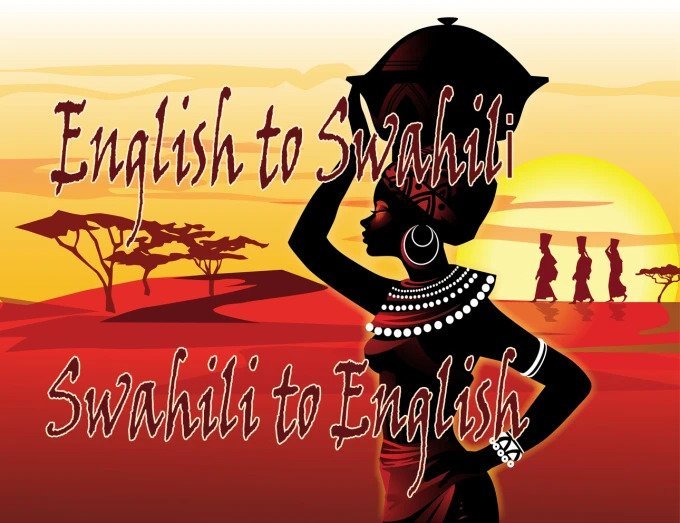
Swahili Culture, Words – What to know before embarking on Safari

Swahili (Kiswahili) is a Bantu language that’s spoken by the Swahili people across and beyond East Africa, including Tanzania, Kenya, Uganda, Somalia, Rwanda, Burundi, Democratic Republic of Congo, Malawi, Zambia and Mozambique. Strongly influenced by and initially written in Arabic, Swahili is now more commonly written using the Latin alphabet. Visitors to East Africa should master at least a few Swahili words and phrases – and enjoy friendly banter with local people. Of course, Swahili culture has its idiosyncrasies and subtleties, which may embarrass all involved – but expect a high degree of forgiveness if you get some things wrong.
Here then are a few general guidelines to rewarding interactions with the peoples of East Africa:
Greetings are important
In Swahili culture, greeting etiquette is tremendously important, and it’s considered impolite not to greet correctly. How you greet someone in Tanzania has an impact on how they will behave towards you. For instance, if a person doesn’t greet their neighbour, it’s usually assumed that they dislike each other.
Ask questions
Key to a rewarding conversation is to spend some time asking about the other person – such as their health and that of their parents and family, and how business/farming is going. Social relationships are very important in Africa, so it’s important to take the time to understand their situation and wellbeing. You will probably not have too much Swahili in your vocabulary, so this conversation will probably be in English, after the initial Swahili greetings
Physical contact
Handshakes (right hand only) are extremely important and sometimes hands are held much longer than you might be used to – sometimes for the duration of the conversation. Your hands might meet and gently entwine fingers, or perhaps there might be some wrist-holding. There are a few variations, so don’t get hung up about what and how – relax and enjoy the moment. If you’re respectful and friendly, no one will take offence at your awkwardness.
Key Swahili phrases
Learning a few basic Swahili phrases will help you during that initial, sometimes awkward, greeting phase, and earn the respect of your Swahili-speaking friend.
Here are a few of the most useful phrases (the syllables to stress are in bold):
♦ “Hello”: “Hujambo”, often shortened to “jambo”.
You can also use “habari” which roughly translated means “What’s the news about….?”. Use any of these, and smile, as you’re going in for the handshake
♦ “Good morning!”:
There’s nothing like a cheerful “habari za asubuhi!” to show friendliness and good wishes. Use “habari za mchana” for “good afternoon.”
♦ “How are you?”: Ask “habari gani?”. But if your friend gets in first with “habari gani?” then answer: “nzuri, ahsante!” (“good, thanks!”).
You can also say, “poa” or “safi!” or, if you’re already on good terms, you can be less formal: “Poa, kichisi kama ndizi kwenye friji” (“I am cool like a banana in the fridge”)
♦ “Please”: “Tafadhali”
♦ “Thank you (very much)”: “Ahsante (sana)”
♦ “Goodbye”: “Kwaheri”
♦ “Good night”: “Usiku mwema” or “habari za jioni”
♦ “Enjoy your trip”: “Safari njema“:
“Habari” – the most useful Swahili word
“Habari” is a handy word as you can use it to say “hello” AND to ask what’s the latest news. You’ll impress if you ask “habari za familia?” (“how is your family?”) and follow it up with “habari za kazi?” (“how is work?”). You can also try “habari za kutwa?” (“how was your day?”).
If you invest the time to master the above smattering of Swahili, your social credibility will sky-rocket, and you will enjoy the familiarity and respect that adds layers of enjoyment to your safari.
Safari njema!











